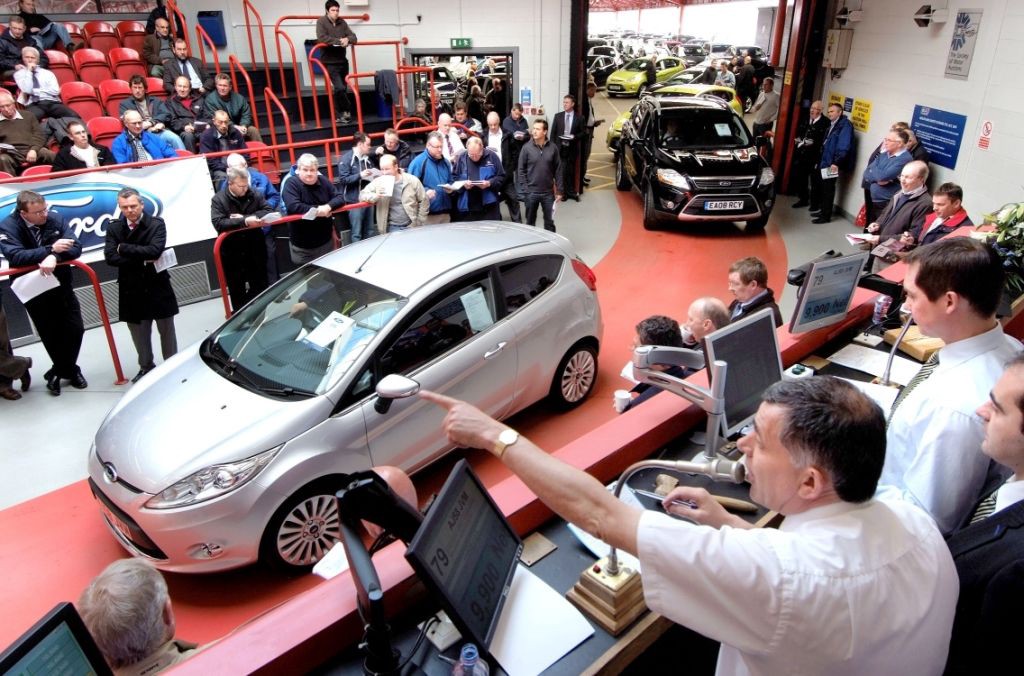You may think you’re competing with competitors, but you’re often competing with something, not someone.

I was recently talking to a guy who’s in the business of helping car dealers move used cars off their lot.
Turns out, over ten million of the cars dealers take in on trade aren’t actually resold directly to customers. They’re often sold wholesale at auction.
Sometimes a car sits on a lot because it’s in the wrong place. Not in the wrong place on the lot, but in the wrong region of the country. A Subaru may sell better in Colorado than in Georgia, for example. Or a Honda Accord may do better in Milwaukee than San Diego.
So they send them to auction. And different dealers/buyers from all over the country bid, buy, and redistribute cars.
When you think about it, the entire used car sales market is highly inefficient. Where a car gets traded in is totally random. It has nothing to do with demand in that specific location. A customer wants a different car that’s local, so they trade in their old one, and, to make the sale, the dealer takes it in even if there isn’t that much demand for it.
So these guys started a company to offer dealers an alternative to sending cars to auction: they’d sidestep the auctions, buy them direct off the lot, and do the trading and redistribution themselves. Sure bets rather than roll-the-dice auction prices, and a whole lot less hassle. Bottom line: They can save dealers time, headache, and money. Seems like a win.
But they’re running into resistance.
The main resistance comes from the sales managers at the dealerships. And in most cases, the sales managers would be the ones making the decision.
Turns out, saving time, headache, and money isn’t a top priority of the sales managers. You’d think it would be — especially since they always seem to hardball you when selling you a car. Seems like every dollars counts to them, right? Well, sometimes.
What’s more important to a sales manager than a dollar? A day away from the office. A break from the monotony of selling cars off the lot. A road trip to the auction. Hanging with their other sales manager buddies in a hotel somewhere far from home. A little vacay, even if it’s a working vacation.
The company that’s trying to sell the anti-auction product and service isn’t competing with the auction, they are competing with the auction experience. And that experience involves all the stuff outside the auction. Camaraderie with their buddies, time away from home, the minor adventure of hitting the road and rolling the dice.
Sales managers aren’t really incentivized to make the dealership the most possible money. They care about doing well enough to show progress and keep their jobs, but they care a lot more about the “perks” that come with getting out of the office for a day. And anything that challenges that is met with significant resistance.
After all, the sales manager doesn’t see the savings in their pocket — those dollars end up with the owner or shareholders. But the hang with their buddies? That’s for them. That’s their gain. And to hell with someone if they’re going to take that away from them.
So while this company may compete with other companies offering similar non-auction services, they’re really competing with something else entirely.
If you dig this sort of lens on competition, be sure to read Clayton Christensen’s latest book on Jobs to Be Done called Competing Against Luck. The story above is not in the book, but the ideas above are represented in serial detail in the book. Highly recommended read.

